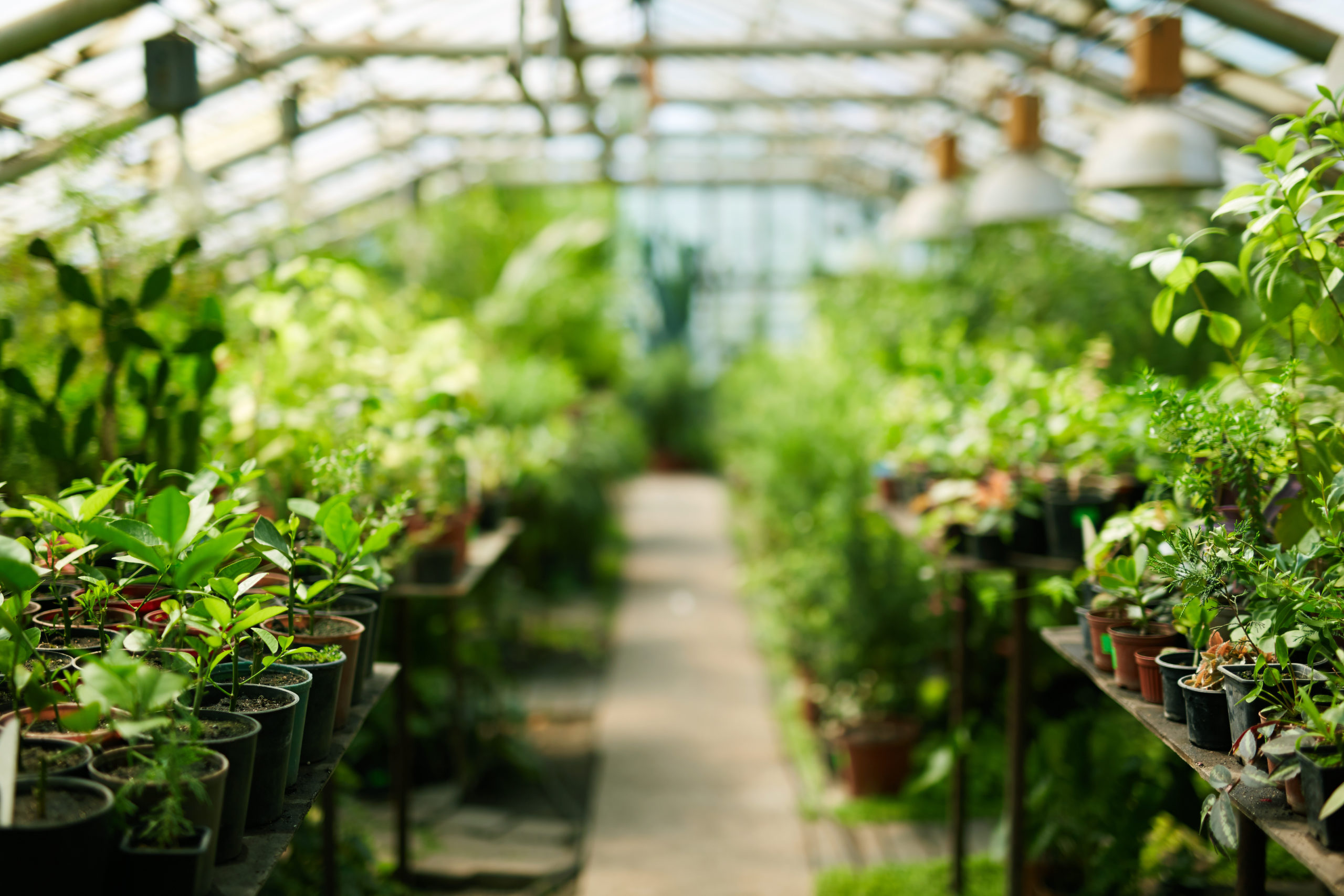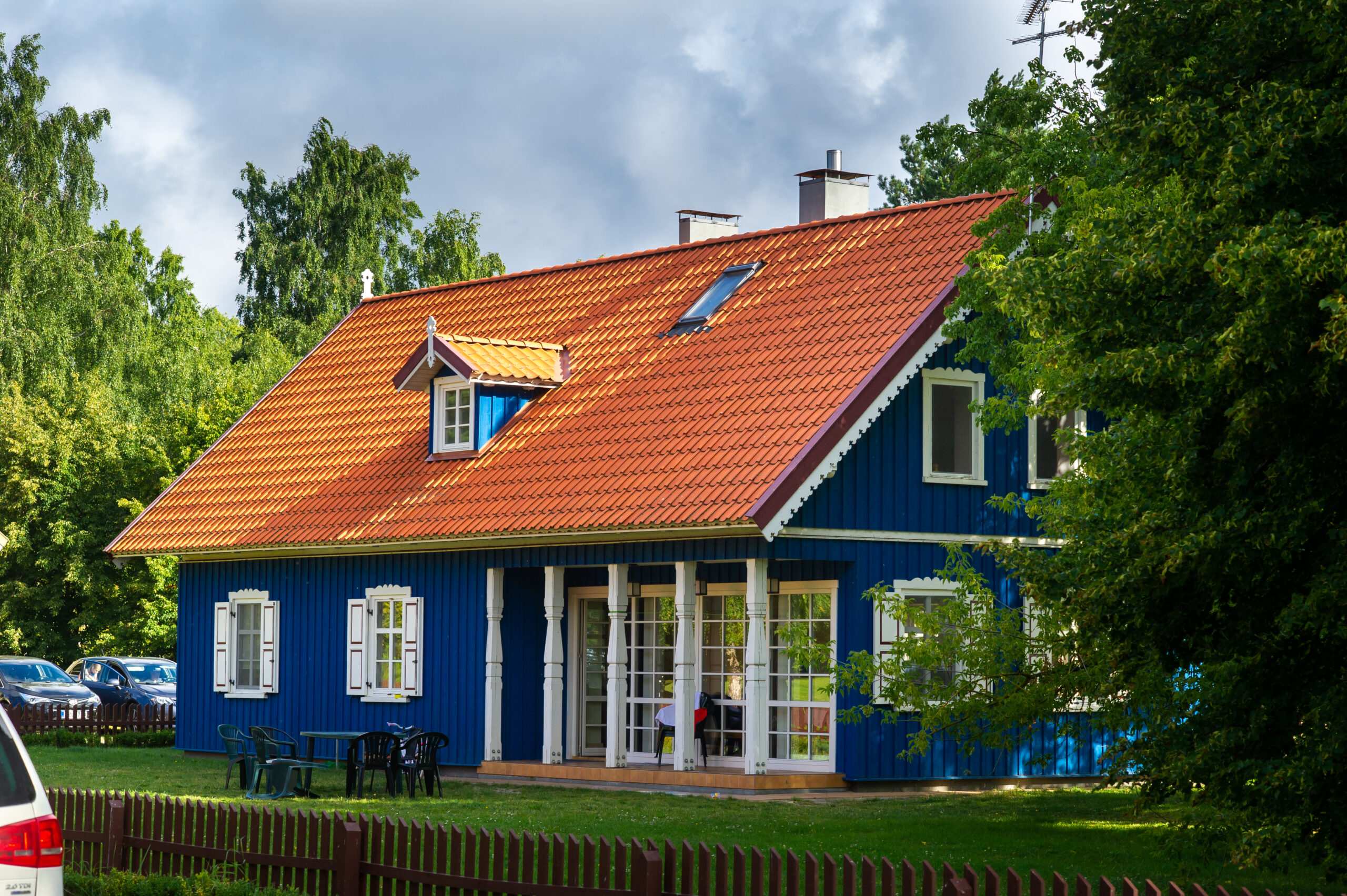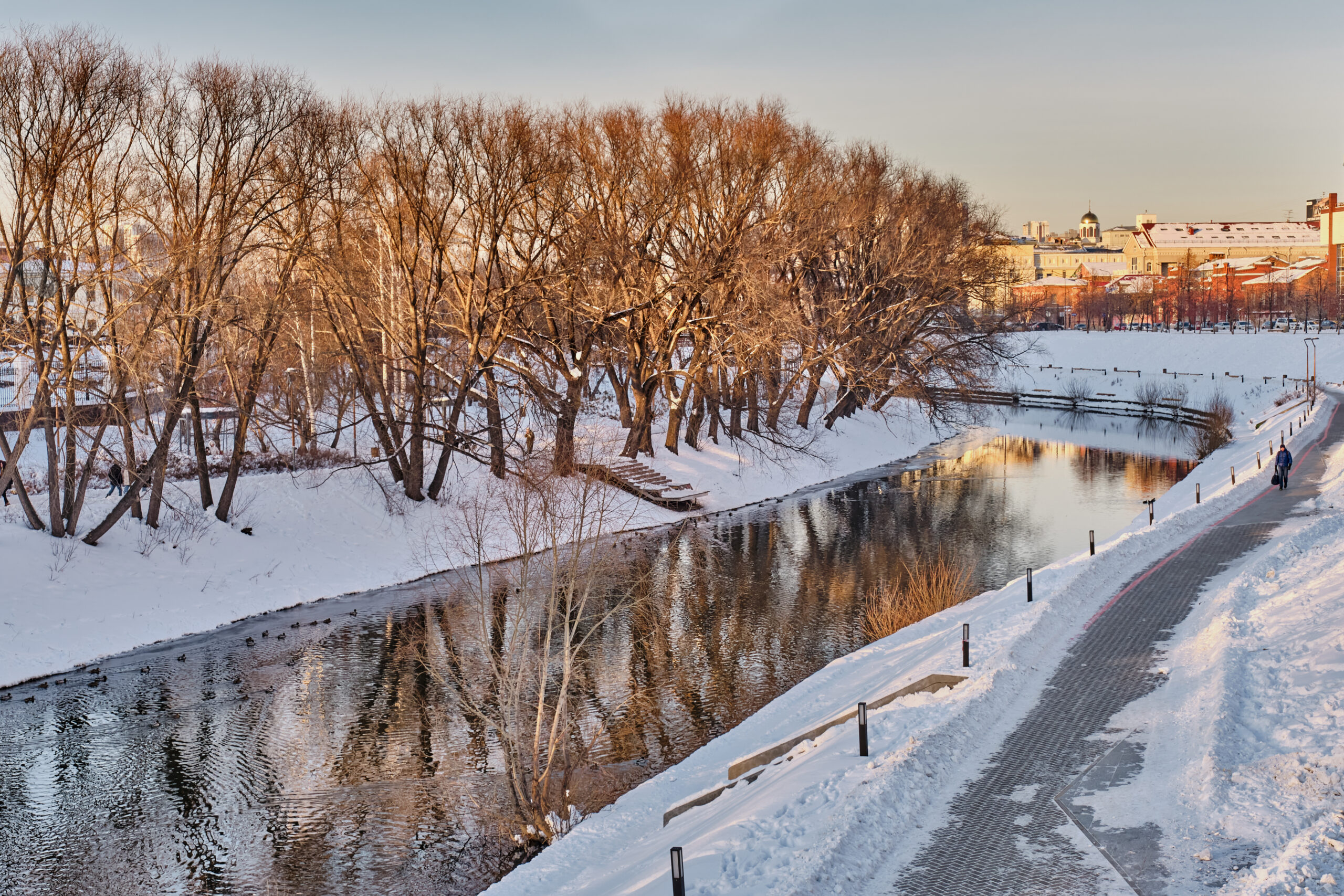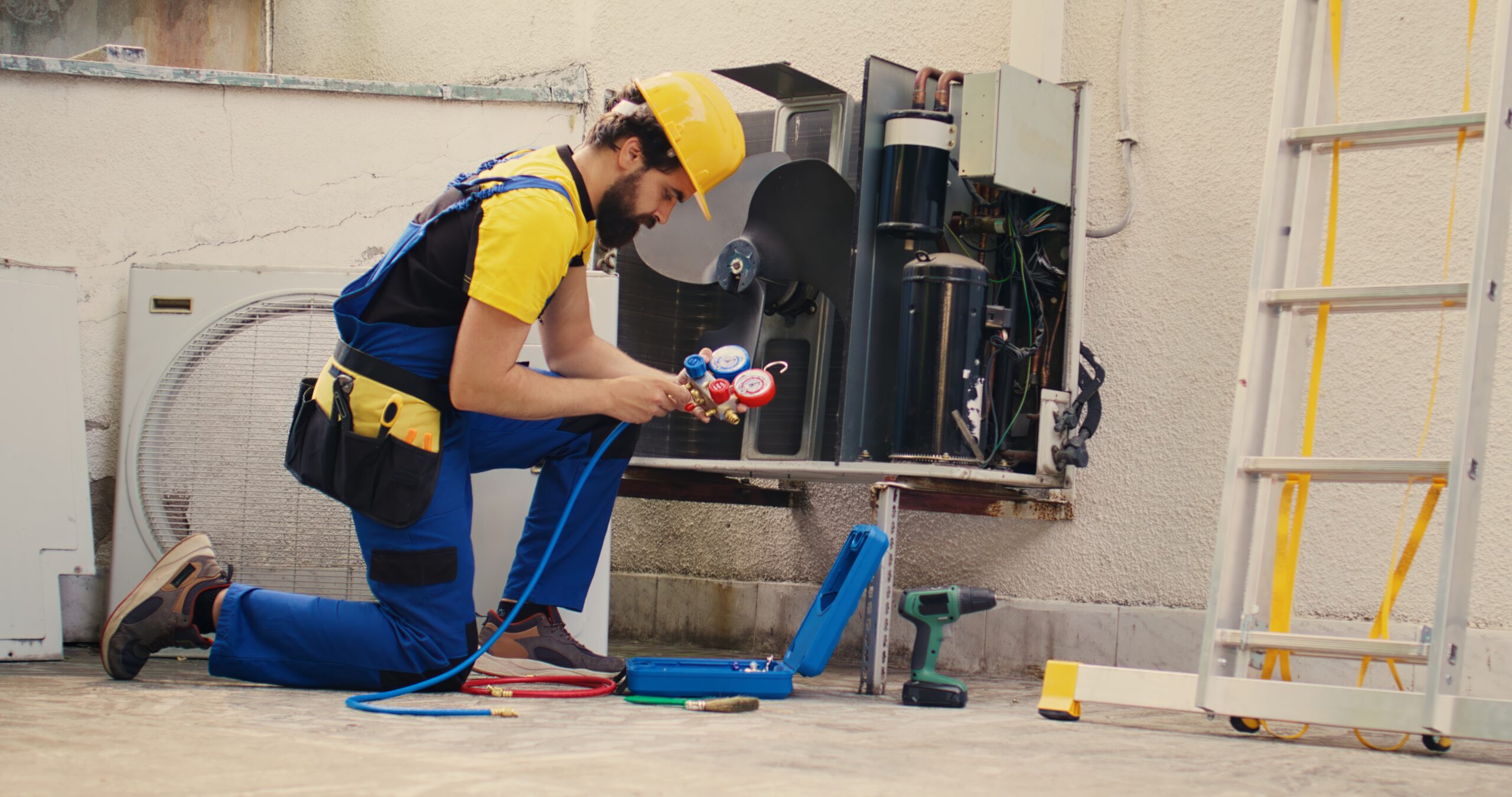The science of diamonds is a complex and interesting topic. Diamonds are made of carbon, are the hardest natural material on Earth, and are big symbols of brilliance and cunning as diamond trends continue to uphold the diamond’s vision to sparkle, show up in classic settings, and participate in weddings as wedding band jewelry. They are also one of the most valuable materials in the world, as a fun fact. The conversation around valuable resources is a conversation held worldwide, and it begs the question: what are some of the world’s most valuable resources? In this blog post, we’ll talk about a few of them and how valuable they are to the Earth.
Water

It seems intuitive, but water is a key resource from our Earth that is important for human survival. It’s considered a key ingredient for life, as all living things need water to survive. We drink it by the gallon to keep up our health. It regulates our body temperatures, helps us digest our food, and speeds up the process of removing waste from the body. People often ask how much water should they drink to keep their bodies functioning at their best.
Water is also important for agriculture; even in its pure form, water raises crops from seedlings into the produce that stocks our grocery stores. It helps the livestock that puts meats on our tables survive. We need it for sustainability.
Another use for water is power; manufacturing and factories use water to create products like paper, clothing, electronics, and rinsing gems during the process of making jewels and jewelry.
The presence of water in our lives is indisputable; there’s no arguing that humans, animals, technology, and our food have a dependence on it that can’t be accomplished by any other resource.
Forests

Forests are one of the oldest and most complex ecosystems on the planet. They’re home to a variety of animals and plants, and they play a vital role in the environment that local governments have begun to put in the effort to restore. This is because forests are a source of economic growth and development and provide jobs and income for people in the forest industry and related businesses. Planting trees as we cut them down for our lives helps reserve these forests and the good they do for us outside of building and business.
Forests also provide and protect freshwater; forests regulate the climate and sequester carbon. They’re a source of social value. Campers and nature people gather and connect with nature and forests tend to be the catalyst for nature-enjoyers to go out into the natural world.
Forests are a vital part of the Earth’s ecosystem and are essential for the health of the planet, so we have to preserve them as best we can.
Renewable Energy

It’s well known that people with strong care for the environment have been looking for alternatives to fossil fuels and are seeking cleaner fuel alternatives to reduce our carbon footprint and prevent further climate change. Renewable energy is one of the answers, as it is made from replenishable materials like chicken fat, plant oils, and vegetable oil. These are considered clean fuels, and some of note are ethanol and biodiesel.
Biodiesel is a biofuel made from vegetable oils or animal fats and works as an alternative fuel for diesel engines that don’t require engine modification. Biodiesel production requires those vegetable oils or animal fats to be mixed with an alcohol agent, usually methanol, to produce renewable fuel and glycerin. The glycerin doesn’t go to waste, as it can be used in soaps, cleaners, and other products.
Biodiesel is a renewable resource that produces fewer emissions than diesel vehicles do with diesel fuel. A great incentive to use biodiesel is that it can reduce the effects of greenhouse gas emissions and help in the quest to protect the ozone layer of our atmosphere.
Valuable resources that come from the Earth are essential for human life and society. The Earth is the only place where these resources exist for us, and they are finite. We must protect these resources and use them wisely to ensure the health and well-being of our planet and its people.


















